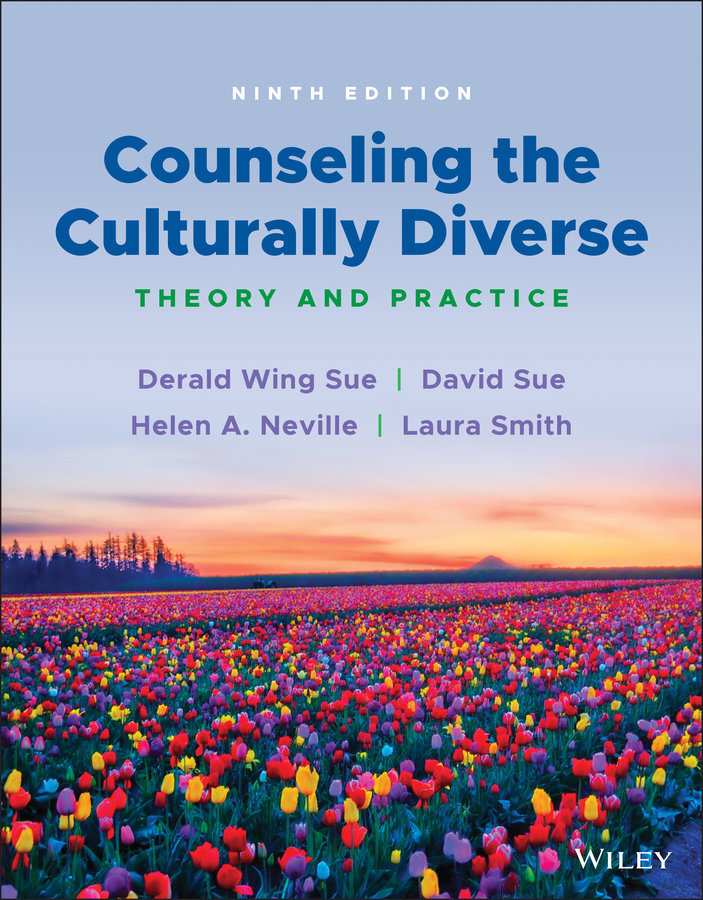The most up-to-date edition of a critically acclaimed and widely read cross-cultural counseling resourceIn the newly revised Ninth Edition of Counseling the Culturally Diverse: Theory and Practice, a team of veteran practitioners delivers an up-to-date and comprehensive exploration of multicultural counseling combining the most recent research and theoretical concepts in the field. The book examines concepts like "cultural humility," the role of white allies in multicultural counseling, social justice counseling, "minority stress," and microaggressions.Readers will also find:* Expansive discussions on the implications of numerous subjects for real-world clinical practice* "Reflection and Discussion Questions" that encourage reader engagement, learning, and retention with the concepts discussed within* Access to an instructor's website that provides PowerPoint decks, exam questions, sample syllabi, and links to other valuable resourcesPerfectly suited to researchers and practitioners who work in or study mental health and interact with a racially, ethnically, culturally, or socio-demographically diverse population, Counseling the Culturally Diverse: Theory and Practice also belongs in the libraries of social workers and psychiatrists.


